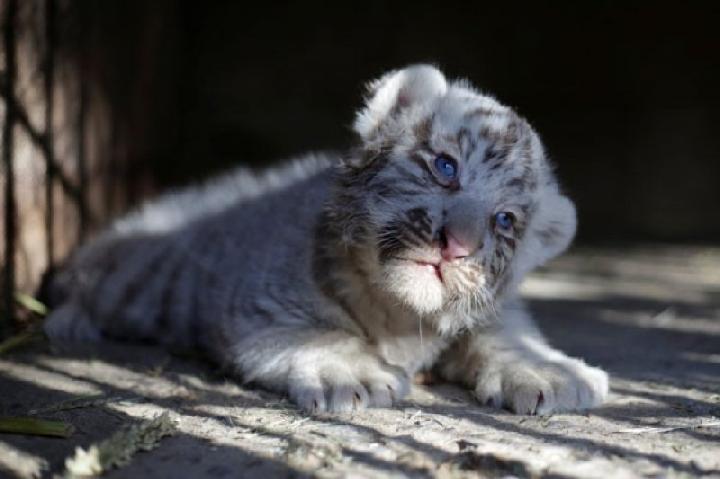DNA Sleuthing Pinpoints Two African Elephant Poaching Hot Spots
20 June 2015 12:00 WIB

TEMPO.CO, Washington - DNA testing on tons of ivory seized from traffickers has identified two elephant poaching "hot spots" in Africa in a development scientists hope will spur a crackdown on the illegal trade decimating the population of Earth's largest land animal.
Scientists said on Thursday genetic tests on 28 large ivory seizures, each more than half a ton, pinpointed the geographic origin of the tusks from the two types of African elephant, the savanna elephant and the somewhat smaller forest elephant.
"We were very, very surprised to find that over the last decade almost all of these seizures came from just two places in Africa," said University of Washington biologist Samuel Wasser, whose study appears in the journal Science.
Using dung, hair and tissue samples from elephants across the continent, the scientists devised a map showing where various populations lived based on DNA traits. They extracted DNA from seized ivory and identified the location where elephants with matching DNA live.
Most seized savanna elephant tusks came from a region spanning parts of southeastern Tanzania and northern Mozambique. Most forest elephant tusks came from a region covering parts of northeastern Gabon, northwestern Republic of Congo and southwestern Central African Republic.
"Targeting these areas for law enforcement could stop the largest amount of poaching-related mortality in Africa and choke at the major sources of ivory fueling the criminal networks that allow this transnational organized crime to operate," Wasser said.
Wasser said major populations would be "poached to extinction" without decisive action. "We are currently losing an estimated 50,000 African elephants a year to poaching, and there are only about 470,000 elephants remaining in the population. So, that is about a 10th of the population being lost each year," Wasser said.
"This loss rate must be contained. Stopping (ivory) demand is too slow to do it alone. We urgently need to stop the killing."
A worldwide ivory trade ban was approved in 1989 after Africa's elephant population plunged from 1.2 million to 600,000 that decade. But illegal trade continues, with demand strong in China, some other Asian countries and in places including the United States.
Bill Clark of Interpol's environmental crime program, who participated in the research, said the DNA work helps his organization decide where to focus efforts combating ivory trafficking.
"There have been abundant indicators of the ivory being used to finance various militant groups as well as organized crime," Clark said.
(Reporting by Will Dunham; Editing by Andrea Ricci)
REUTERS






















